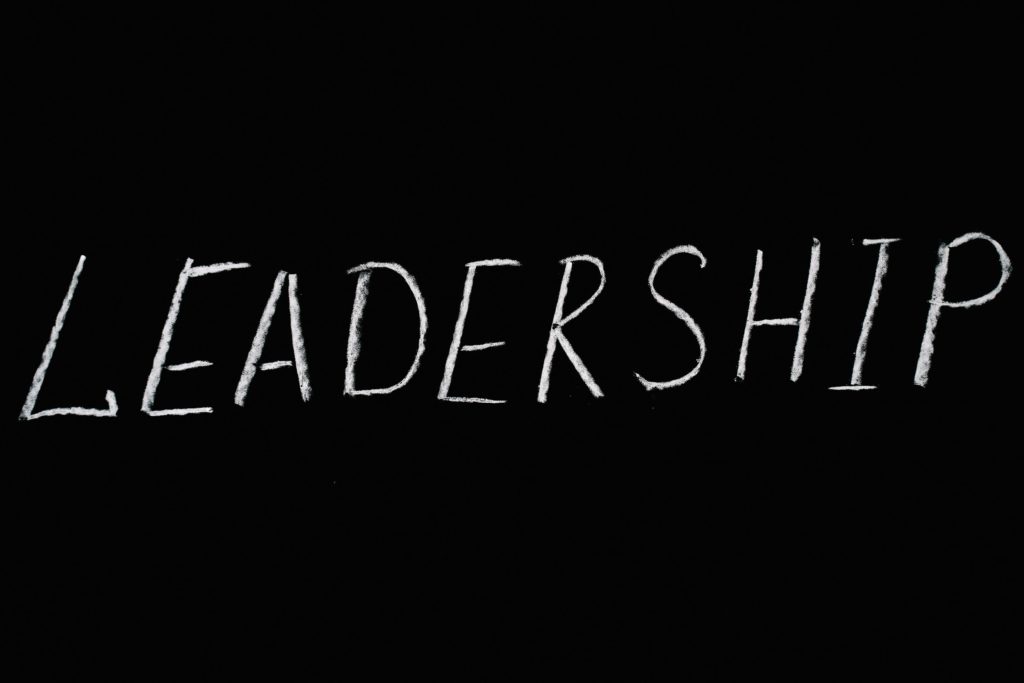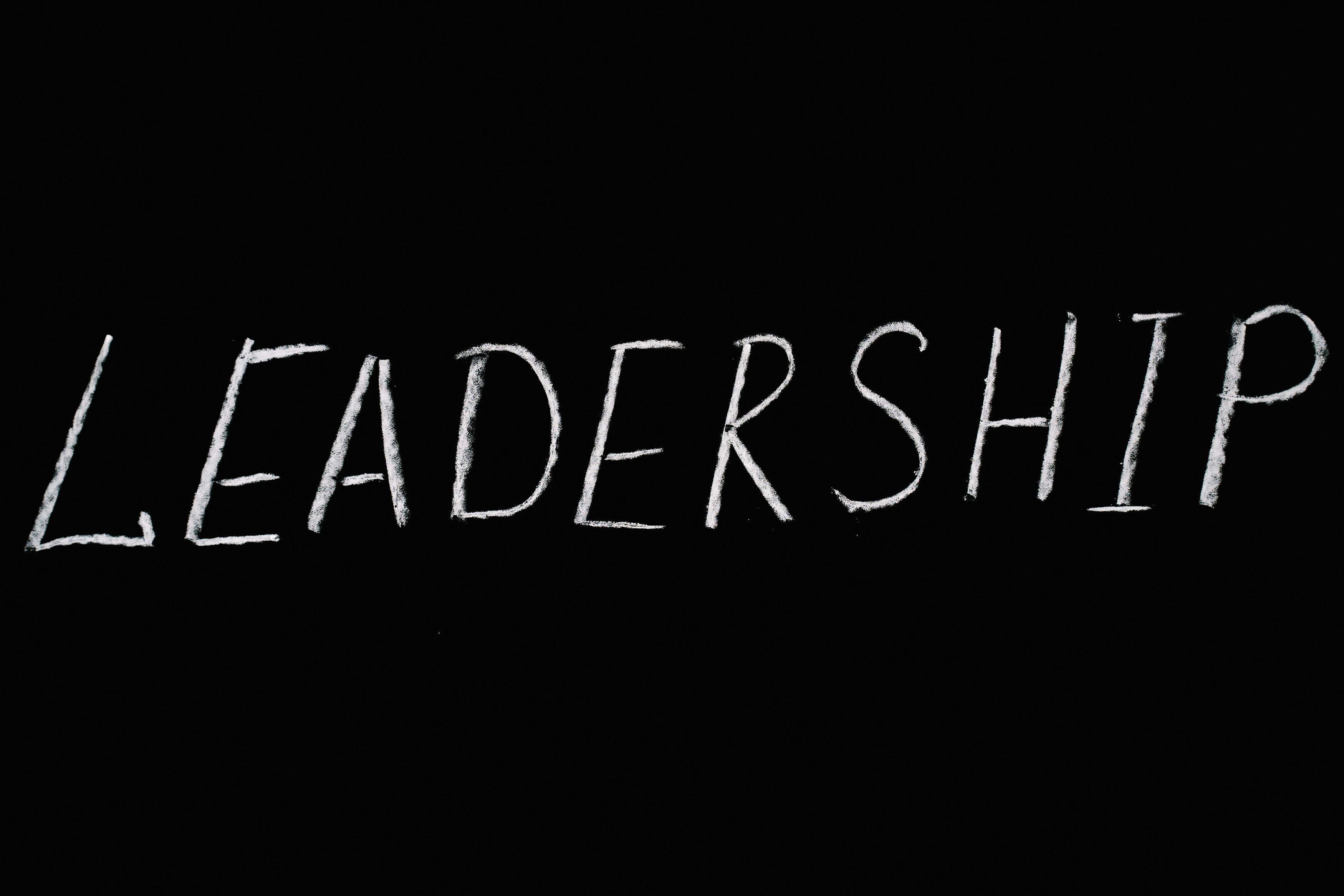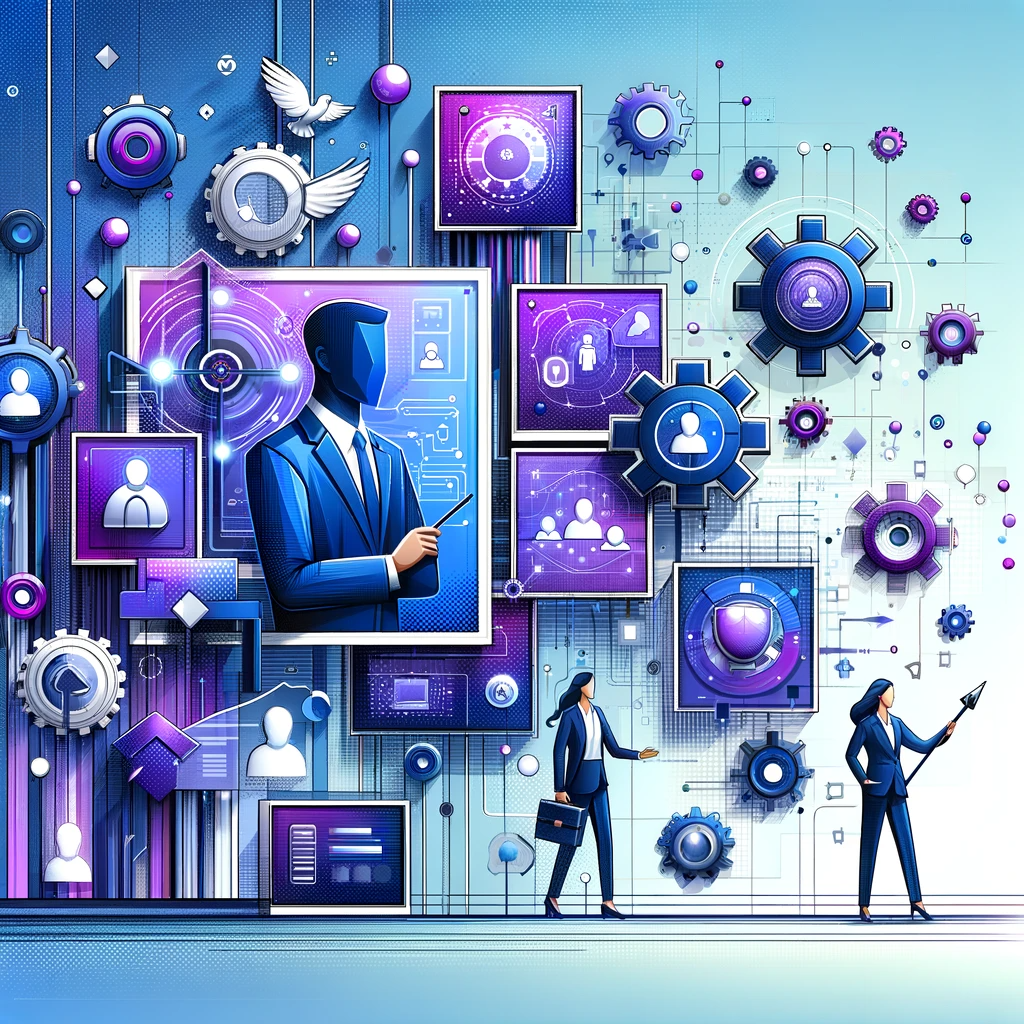How to Cultivate Leadership Skills in Remote Teams

“A leader is one who knows the way, goes the way, and shows the way.” — John C. Maxwell
The Death of Proximity-Based Leadership
The myth that leadership requires physical proximity is dead. Harvard Business School’s research post-pandemic proved that office-based leadership habits can be irrelevant—or even harmful—when teams are distributed. Success in remote environments isn’t about translating old strengths, but building new ones in digital-first contexts.
The Invisible Leadership Challenge
Remote leaders must cultivate “digital emotional intelligence”—the ability to sense engagement, frustration, or enthusiasm through video, chats, and even silence. The University of Southern California’s studies show these skills trump face-to-face charisma.
“Leadership is not about being in charge. It’s about taking care of those in your charge.” — Simon Sinek
Remote-ready leaders prioritize support, not just tasks. Instead of “Is it done?” they ask “How can I help you deliver your best?”
Accelerating Trust, Not Just Time
Distributed teams require “swift trust”: credibility earned through prompt responses and consistent follow-through, not years of encounters. Stanford’s research found that action-based reliability builds stronger relationships than personality alone. When distractions of office politics and appearance drop away, competence and care stand out.
The Asynchronous Leadership Revolution
The best remote leaders leverage asymmetric communication—clear written updates, brief video messages, and ritualized feedback. GitLab’s analysis showed 34% higher engagement in teams led by asynchronous communication champions, not meeting organizers.
“The art of leadership is saying no, not yes.” — Tony Blair
Predictable rhythms and clear boundaries matter more than 24/7 chat. Structured asynchronicity becomes the backbone of digital trust.
Empowerment and Global Diversity
Remote work naturally multiplies empowerment. The University of Chicago found teams with explicit delegation and decision frameworks accelerated professional growth by 28% over co-located peers. Microsoft’s global mentorship model—pairing diverse talents across continents—builds “adaptive leadership intelligence,” a must-have for the future of work.
AI, VR & The Digital Development Model
Remote leadership development now uses AI to personalize feedback and VR to simulate critical conversations. Early adopters see up to 65% better leadership skill retention—making training as dynamic as the teams themselves.
Performance Through People
The future belongs to leaders who don’t just direct—they support, coach, and enable. Metrics for great virtual leadership have shifted: autonomy, collaboration, innovation, and psychological safety outpace traditional performance measures.
“Before you are a leader, success is all about growing yourself. When you become a leader, success is all about growing others.” — Jack Welch
Conclusion
Remote leadership isn’t about managing at a distance. It’s about harnessing influence, empowerment, and intentional connection to unlock human potential, wherever people work.
References
https://www.gallup.com/workplace/285674/improve-employee-engagement-workplace.aspx









